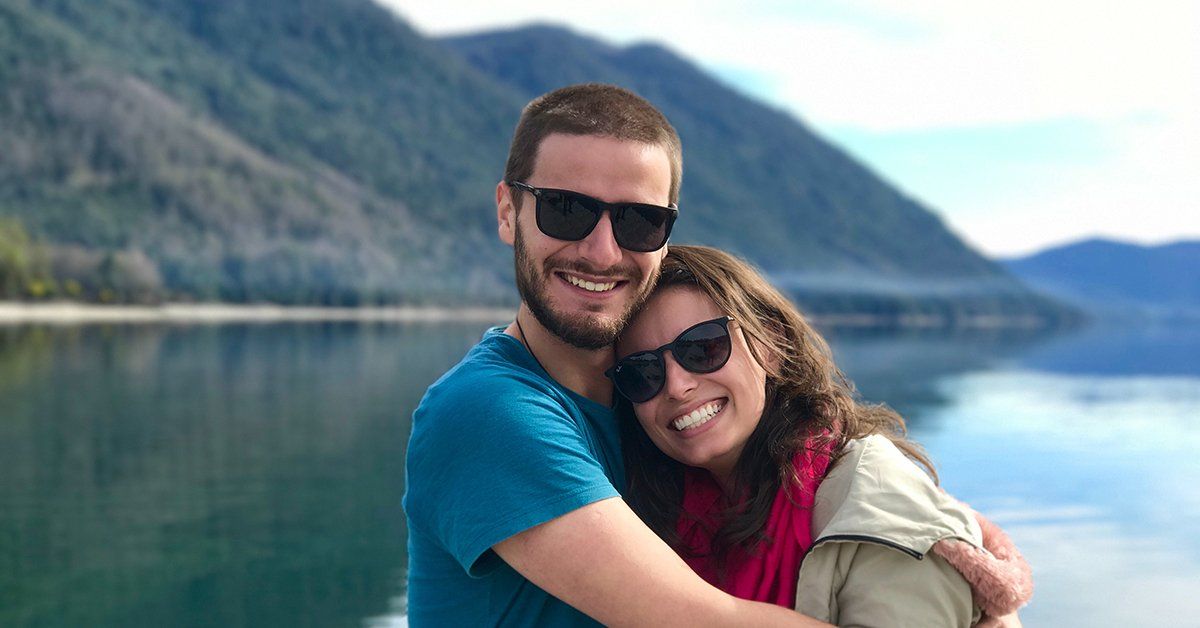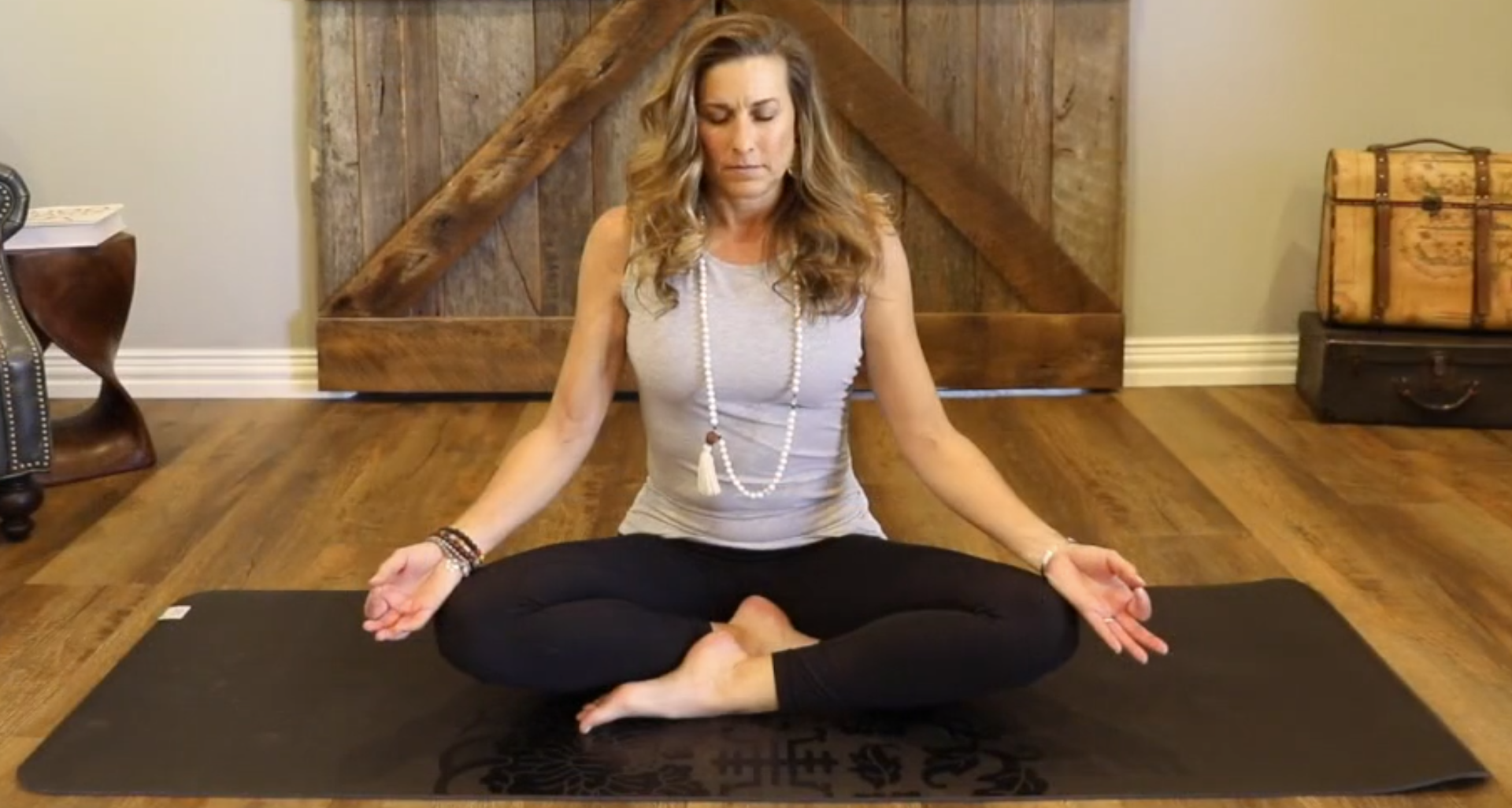CALL:
How Can I Help My Loved One With Complex Trauma Through the Holidays?
Here's 5 ideas to help with complex trauma this holiday season seem a little brighter this year.

What is Complex Trauma?
Trauma and complex trauma are different. Trauma refers to witnessing or being involved in one traumatic event. Examples include a car accident, a health crisis, or an assault. Complex trauma is when you experience or witness traumatic events, time and time again. For example, severe child abuse or neglect and domestic abuse would classify as complex trauma. Likewise, repeated deployments to war zones in the military can also lead to complex trauma.
As you may know, the symptoms also vary between the two. Furthermore, complex trauma can significantly impair the quality of life and relationships.
Trauma can lead to symptoms such as
- avoidance and isolation
- intrusive memories/flashbacks
- negative thought patterns
- sleeplessness
- mood swings and irritability
Complex trauma includes the same symptoms. In addition to:
- dysregulated emotions - extreme anger, intense anxiety
- quick swings in emotions
- dissociation
- intense feelings of guilt and shame
- chronic loss of trust, hope, and confidence in self, others, and the world
- complicated relationships - seek out an abuser or become abusive
- misguided perceptions of others
- obsessions surrounding revenge or power
- destructive behaviors
- physical health issues
As a result, these two types of trauma require different approaches to treatment. The good news is, help is available, and healing is possible.
As you gain a better understanding between these two types of trauma, you can obtain insight into your choices and actions. Likewise, as you develop a deeper understanding of the root cause of the behaviors. As a result, you can also begin the healing process.
Why Complex Trauma Often Requires More Complex Treatment
There are some things that you can do that might help reduce the stress levels and triggers that come with complex trauma and the holidays.
Here are 5 ideas:
- Be as predictable as possible. As you plan holiday events and outings, ensure there is plenty of time to prepare for the day. Predictability often provides safety.
- Focus on your tone of voice. The way we speak to another can either help to reduce the emotions or intensify the situation.
- Validate. Stress can lead to triggers. If your loved one wants to miss a family party, you can validate those feelings. Keep in mind; this may require a lot of flexibility on your part.
- Avoid language that provokes shame and guilt.
- Self-care. The holidays can poorly affect diet, sleep patterns, and exercise routines. However, a disruption in these basic routines can lead to more severe outbursts or triggers.
For more ideas on how you might help yourself and your loved one with complex trauma through the holidays, visit www.addorecovery.com.
At Thrive Relational Recovery, we specialize in the treatment of complex trauma. As a result, we help many clients heal from their past. We would love to see if we can help you too, call us today.






